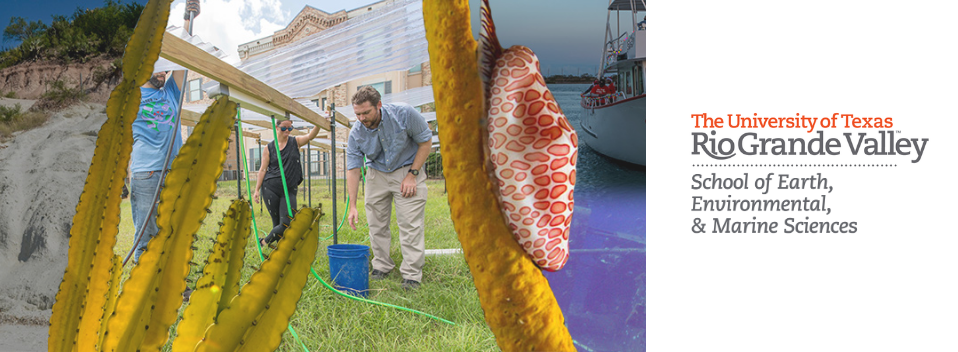
School of Earth, Environmental, & Marine Sciences Faculty Publications
Document Type
Article
Publication Date
3-2015
Abstract
Chemolithoautotrophic iron-oxidizing bacteria play an essential role in the global iron cycle. Thus far, the majority of marine iron-oxidizing bacteria have been identified as Zetaproteobacteria, a novel class within the phylum Proteobacteria. Marine iron-oxidizing microbial communities have been found associated with volcanically active seamounts, crustal spreading centers, and coastal waters. However, little is known about the presence and diversity of iron-oxidizing communities at hydrothermal systems along the slow crustal spreading center of the Mid-Atlantic Ridge. From October to November 2012, samples were collected from rust-colored mats at three well-known hydrothermal vent systems on the Mid-Atlantic Ridge (Rainbow, Trans-Atlantic Geotraverse, and Snake Pit) using the ROV Jason II. The goal of these efforts was to determine if iron-oxidizing Zetaproteobacteria were present at sites proximal to black smoker vent fields. Small, diffuse flow venting areas with high iron(II) concentrations and rust-colored microbial mats were observed at all three sites proximal to black smoker chimneys. A novel, syringe-based precision sampler was used to collect discrete microbial iron mat samples at the three sites. The presence of Zetaproteobacteria was confirmed using a combination of 16S rRNA pyrosequencing and single-cell sorting, while light micros-copy revealed a variety of iron-oxyhydroxide structures, indicating that active iron-oxidizing communities exist along the Mid-Atlantic Ridge. Sequencing analysis suggests that these iron mats contain cosmopolitan representatives of Zetaproteobacteria, but also exhibit diversity that may be uncommon at other iron-rich marine sites studied to date. A meta-analysis of publically available data encompassing a variety of aquatic habitats indicates that Zetaproteobacteria are rare if an iron source is not readily available. This work adds to the growing understanding of Zetaproteobacteria ecology and suggests that this organism is likely locally restricted to iron-rich marine environments but may exhibit wide-scale geographic distribution, further underscoring the importance of Zetaproteobacteria in global iron cycling.
Recommended Citation
Scott JJ, Breier JA, Luther GW III, Emerson D (2015) Microbial Iron Mats at the Mid-Atlantic Ridge and Evidence that Zetaproteobacteria May Be Restricted to Iron-Oxidizing Marine Systems. PLoS ONE 10(3): e0119284. https://doi.org/10.1371/journal.pone.0119284
Creative Commons License

This work is licensed under a Creative Commons Attribution 4.0 International License.
Publication Title
PLoS ONE
DOI
10.1371/journal.pone.0119284


Comments
© 2015 Scott et al.